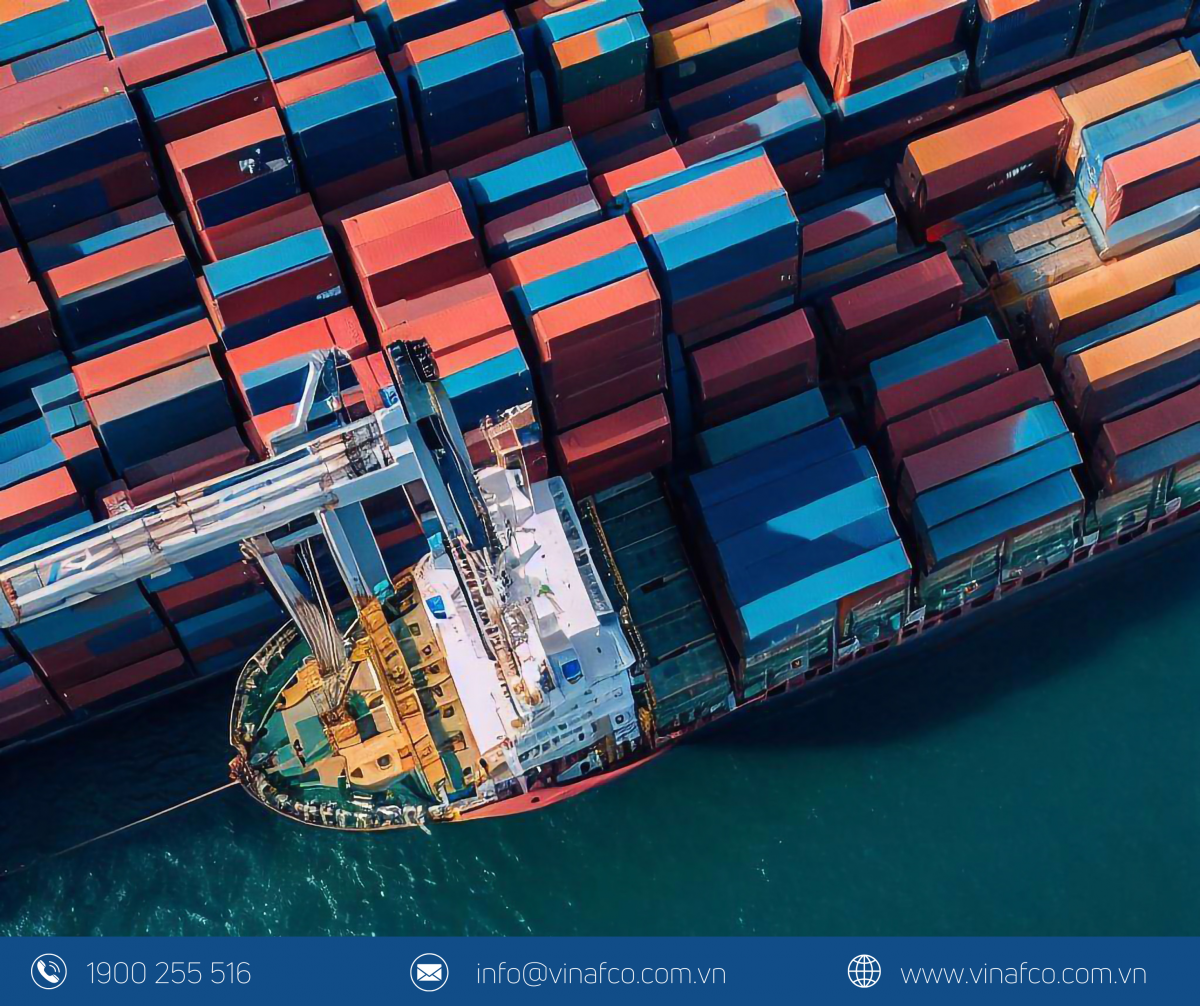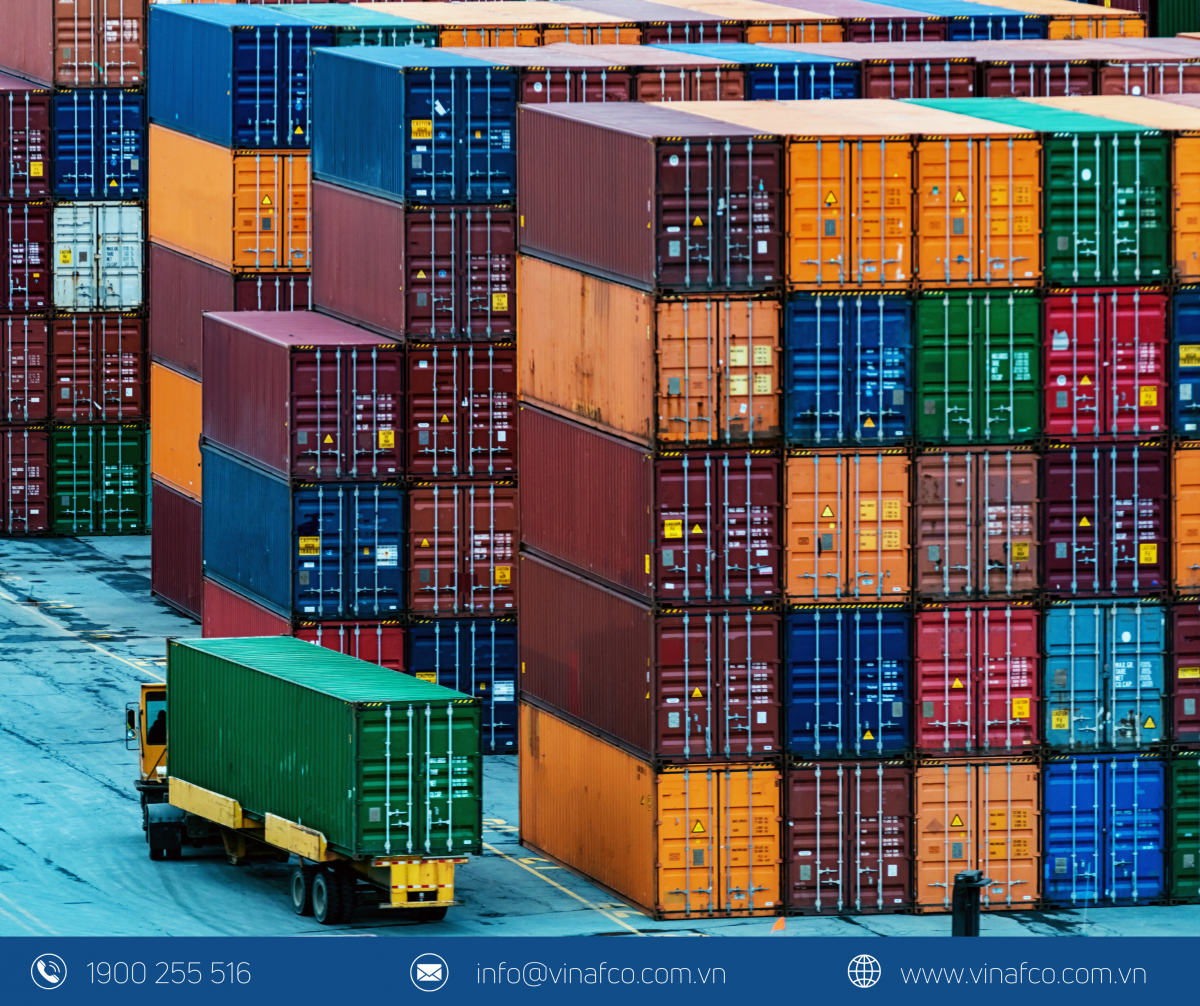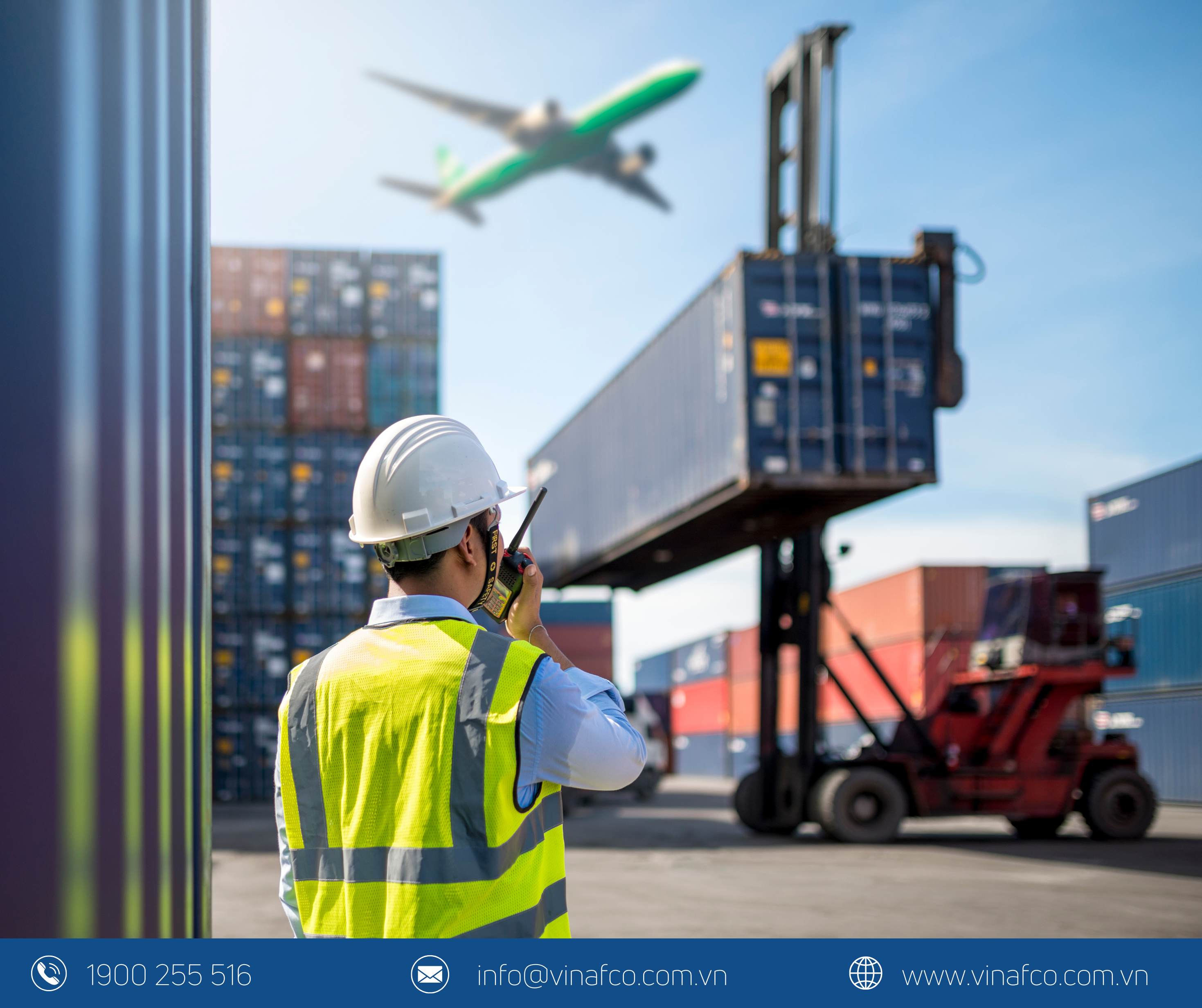In the realm of international logistics, container shipping plays a crucial role, facilitating the efficient and safe movement of goods. Understanding the intricacies of FCL/LCL shipping is essential for businesses to optimize costs and ensure timely deliveries.
1. What is Container Shipping?
Container shipping involves transporting goods using standardized international (ISO) containers for packing and shipping via sea, road, or rail. Containers protect goods from external impacts and streamline the loading and unloading process.

2. FCL (Full Container Load) Shipping – Full Container
Concept:
FCL shipping means that all goods from a single shipper are packed into one dedicated container.
You rent an entire container, regardless of whether your cargo fills it completely.
Advantages:
- Safety and security: Goods are packed and sealed in a private container, minimizing the risk of damage or loss.
- Fast transit times: Simplified loading and unloading procedures, eliminating the need to wait for cargo consolidation.
- Suitable for large volumes of goods: Cost-effective per unit of cargo.
When to Choose FCL:
- When you have enough goods to fill or nearly fill a container.
- When you require high levels of safety and security for your goods.
- When you need to control transit times.
3. LCL (Less than Container Load) Shipping – Less than a Container
Concept:
LCL shipping involves multiple shippers consolidating their goods into a single container.
Your goods are combined with those of other shippers.
Advantages:
- Cost-effective: Suitable for small volumes of goods that do not fill an entire container.
- Flexibility: Allows for shipping flexible quantities of goods.
When to Choose LCL:
- When you have small volumes of goods that do not fill a container.
- When you want to minimize shipping costs.
- When transit time is not a critical factor.
Note:
- LCL shipping may take longer than FCL due to the consolidation and deconsolidation process.
- The risk of damage or loss may be higher since goods are combined with those of other shippers.
4. Choosing a Reputable Container Shipping Provider
- Experience and reputation: Select providers with extensive experience in container shipping.
- Extensive shipping network: Ensure the provider has a broad network to meet your shipping needs.
- Service quality: Research the provider's service quality, including transit times, cargo safety, and customer service.
- Competitive pricing: Compare prices from different providers to find the best value.
- Tracking and management systems: Choose a provider with professional tracking and management systems to monitor your shipments effectively.

5. Conclusion
Choosing the appropriate FCL/LCL shipping method helps businesses optimize costs and ensure timely deliveries. Contact us for the best advice and support.
Mr. Kris – Managing Director of Vinafco Logistics Company Limited
Phone: 0904 233 755
Email: cuong.phamkien@vinafco.com.vn

 News
News







